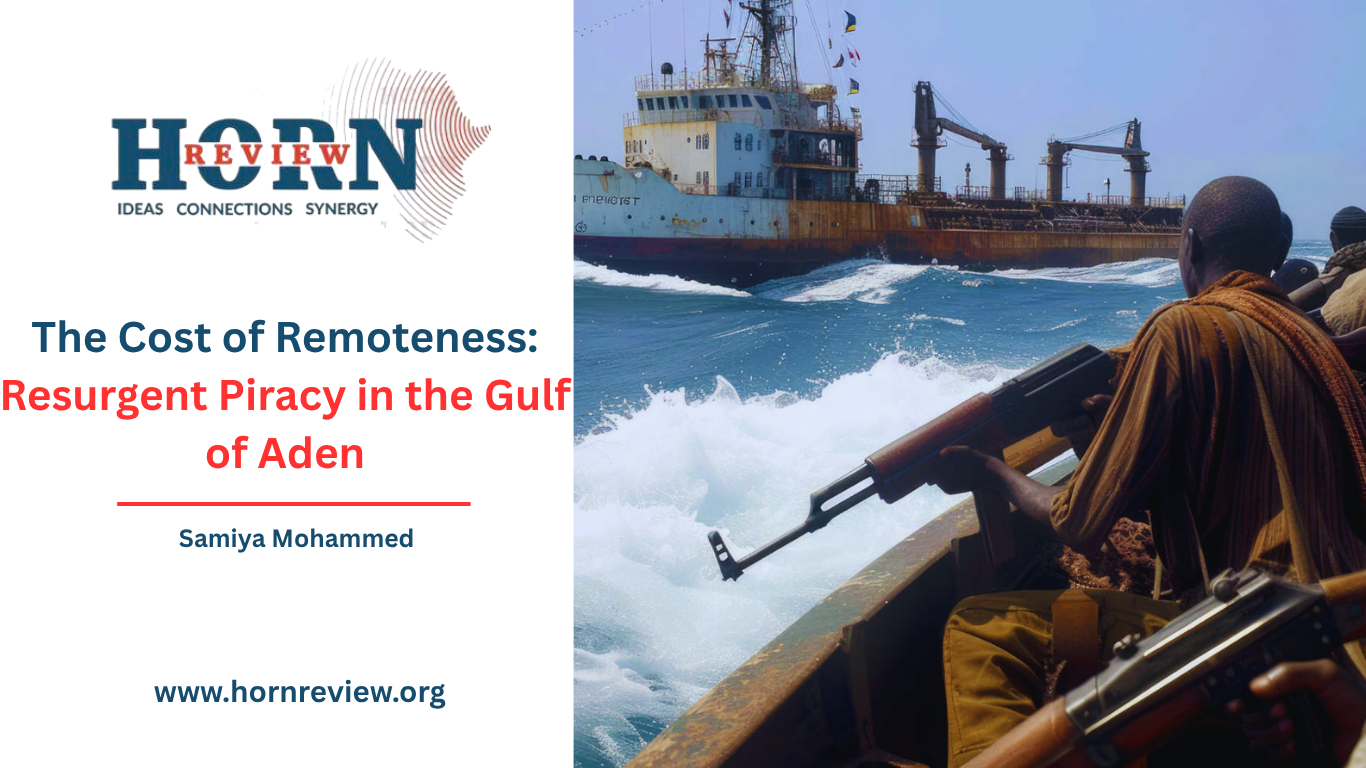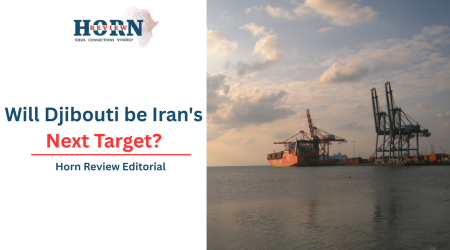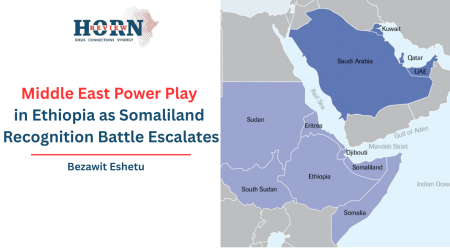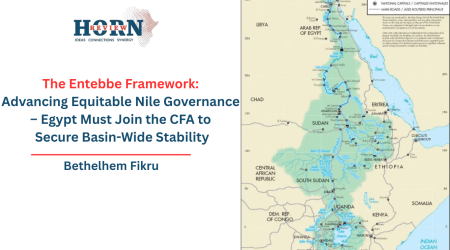
20
Nov
The Cost of Remoteness: Resurgent Piracy in the Gulf of Aden
A lately series of maritime incidents off the coast of Somalia has drawn renewed international attention to the perennial challenge of piracy in the Western Indian Ocean. The attempted boarding of a chemical tanker swiftly followed by the seizure of the Malta flagged Hellas Aphrodite and the subsequent deployment of an EU Naval Force Operation Atalanta warship bring out a labile security environment in a reproving global shipping main route. While the successful intervention by international forces averted a crisis, these events zenith a persistent vulnerability with cascading implications for regional stability and notably for nations whose economic fortunes are indissolubly linked to the security of distant sea lanes.
For Ethiopia with exceeding a population, this maritime insecurity constitutes an existential vulnerability. Ethiopia depends on maritime corridors for over 95% of its foreign trade, all transiting through the piracy prone Gulf of Aden and Indian Ocean routes. These waters carry Ethiopia’s essential imports, including food, fuel, and medicine, alongside its key exports. Any disruption triggers a cascade of increased shipping insurance premiums, rerouting costs, and operational delays that collectively function as a destructive tax on the Ethiopian economy.
The economic costs of this dependency are already staggering. The recent piracy resurgence terrorize to augment these costs precisely when Ethiopia can least afford them, potentially crippling vital supply chains for essential commodities that sustain millions of citizens.
Ethiopia’s geographic predicament compounds this vulnerability. As Prime Minister has emphasized, securing sustainable sea access is critical to addressing the nation’s economic challenges and over dependence on single corridors. The 2013 incident when Djibouti temporarily refused to release Ethiopian cargo due to payment delays demonstrated the strategic risk of overreliance. The resurgence of piracy now adds another layer of instability, creating a perfect storm of economic exposure that threatens Ethiopia’s development ambitions and economic sovereignty.
Recognition of this strategic necessity has prompted Ethiopia to actively pursue port diversification. The country is strategically reducing its dependence on Djibouti by developing alternatives, with the most significant potential lying in the Port of Berbera in Somaliland. According to forecasts from the British International Investment, full utilization of Berbera could enable trade equivalent to 8% of Ethiopia’s GDP and 32% of national trade by 2035, while supporting 1.2 million jobs in the Ethiopian economy. Despite this potential, progress has been frustratingly slow. While crucial infrastructure connecting Berbera to the Ethiopian border is 70% done as of mid-2025 and key Togochale bridge and customs posts stalled by Somaliland-FGS tensions.
Operation Atalanta’s successful rescue of the Hellas Aphrodite demonstrates the continued importance of multinational naval patrols in preserving freedom of navigation. The operation involved coordinated efforts from multiple international partners, including the Spanish flagship ESPS Victoria, Japanese P3C aircraft, Seychelles patrol aircraft, and Puntland authorities. However, this external security guarantee shows a fragile lifeline. Operation Atalanta’s resources, dependent on fickle EU budgets and political priorities, have reportedly diminished over time. The mission’s future remains uncertain against shifting European security concerns and budget constraints. This reality shows the fundamental limitation of Ethiopia’s current situation, relying on external actors for economic survival without direct control over its maritime security destiny.
The pursuit of secured sea access must extend far of commercial port leases to encompass a broader maritime security strategy. Ethiopia eventually requires its own naval capability to contribute to regional patrols rather than remaining perpetually dependent on external protection. This transition from victim to stakeholder in maritime security would represent a fundamental shift in Ethiopia’s strategic posture, aligning with its status as the region’s most populous nation.Such capability development would complement rather than replace international efforts like Operation Atalanta. The Jeddah Amendment to the Djibouti Code of Conduct 2017 provides a framework for regional cooperation against maritime threats, emphasizing that the response to all these challenges cannot be achieved by one country or organization alone.
Ethiopia’s potential future participation in such frameworks as a contributing member rather than a passive beneficiary would significantly enhance both its security and diplomatic standing. The hijacking of the Hellas Aphrodite and its resolution by EU forces encapsulates Ethiopia’s position in the global maritime order. International naval patrols provide a necessary but insufficient band-aid solution to a structural economic vulnerability. The calm restored by a single warship’s intervention offers just temporary respite in a region where underlying currents of insecurity require sustained and collaborative solutions. Ethiopia’s future economic survival and development demand that it break the strangle hold of this status through a combination of port diversification, cost reduction, and eventual maritime security capability. This comprehensive approach shows neither expansionism nor aggression, but rather the logical strategic imperative for a nation whose economic oxygen line runs through vulnerable sea lanes thousands of kilo meters from its borders. The time for passive victimhood has passed, the era of strategic maritime initiative must begin.
By Samiya Mohammed, Researcher, Horn Review










